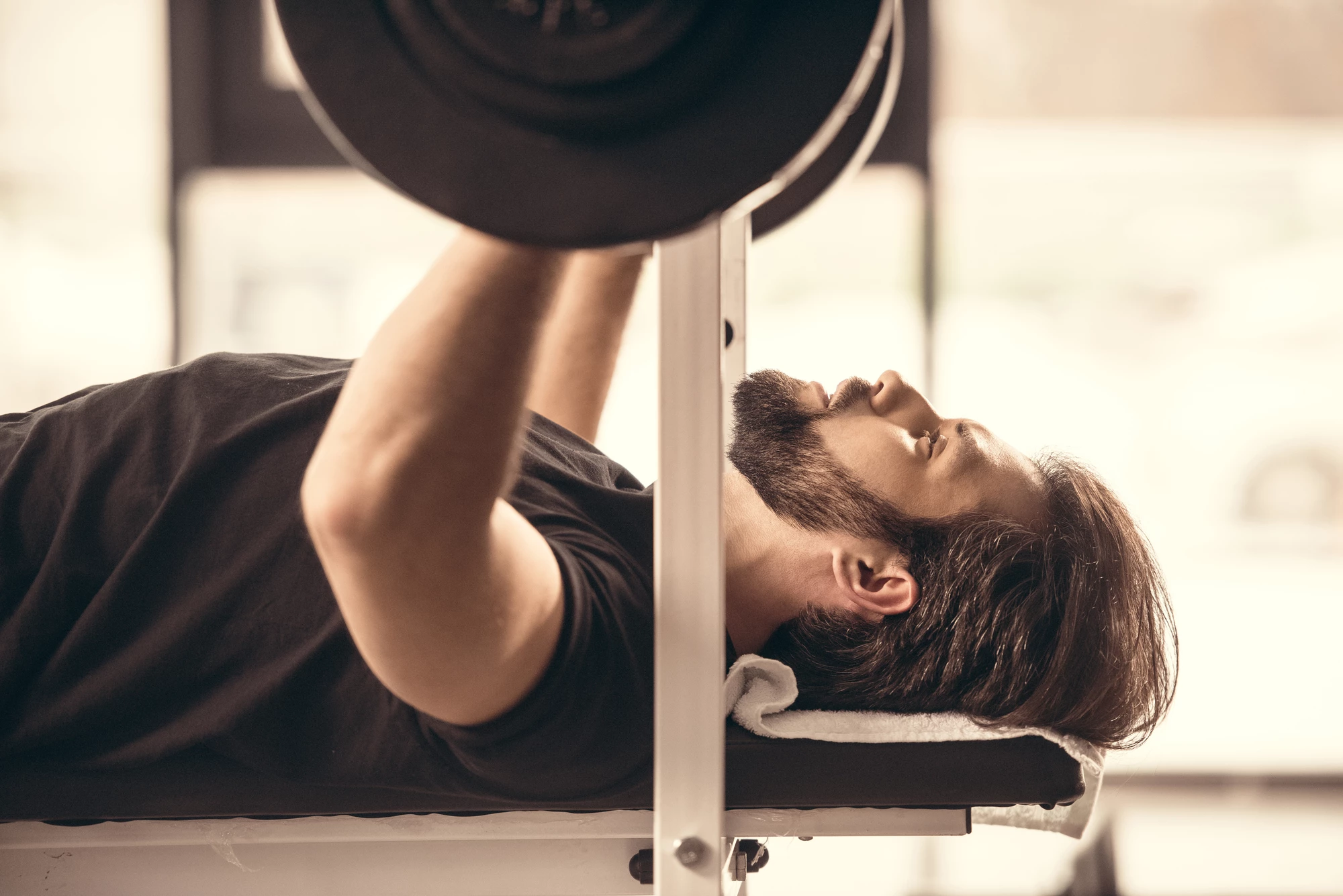A physically active lifestyle is known to promote healthier sleep, but many questions remain as to which types of exercise exactly are best for a good night's rest. Preliminary research results have offered some compelling new answers in this area, demonstrating how favoring resistance-style workouts like weightlifting can bring about the most significant increases in sleep duration and quality.
The study, which is yet to be peer-reviewed, was conducted by scientists at Iowa State University and was designed to explore the connections between exercise, sleep and cardiovascular health. Previous research has uncovered strong links between poor sleep habits and high cholesterol, heightened risk of stroke and increased risk of heart disease. The authors of this new study set out to learn more about which types of exercise can best help people mitigate these risks.
“It is increasingly recognized that getting enough sleep, particularly high-quality sleep, is important for health including cardiovascular health," said study author Angelique Brellenthin. "Unfortunately, more than a third of Americans don’t get enough sleep on a regular basis. Aerobic activity is often recommended to improve sleep, yet very little is known about the effects of resistance exercise versus aerobic exercise on sleep."
To fill in some of the gaps, the authors enlisted 386 overweight or obese adults, who were inactive and had elevated blood pressure. Participants were randomly assigned to either an aerobic exercise group, a resistance exercise group, a combined aerobic and resistance exercise group, or a non-exercise group as a control. Supervised 60-minute exercise sessions took place three times a week over the course of 12 months.
Assessments carried out at the start and end of the study looked at things like sleep quality, sleep duration, sleep efficiency (how much time one spends sleeping compared to overall time in bed), sleep latency (how long it takes to fall asleep) and sleep disturbances. Thirty-five percent of the participants were found to have poor quality sleep at the outset of the study, and 42 percent of participants were not getting the recommended seven hours sleep.
In the aerobic exercise group, which undertook activities such as treadmill running and recumbent bike sessions at a moderate-to-vigorous intensity, the scientists observed an average 23-minute increase in sleep duration per night. In the resistance exercise group, which performed weight-training workouts targeting every major muscle group, the researchers observed an average 40-minute increase in sleep duration. The combined group, which performed 30 minutes of both exercise types, experienced an average 17-minute increase.
Among the other useful insights from the study were that sleep efficiency increased in the resistance and combined exercise groups, but not in the aerobic-only group, and sleep latency decreased by an average of three minutes in the resistance group only.
“While both aerobic and resistance exercise are important for overall health, our results suggest that resistance exercises may be superior when it comes to getting better ZZZs at night,” Brellenthin said. “Resistance exercise significantly improved sleep duration and sleep efficiency, which are critical indicators of sleep quality that reflects how well a person falls asleep and stays asleep throughout the night. Therefore, if your sleep has gotten noticeably worse over the past two stressful years, consider incorporating two or more resistance exercise training sessions into your regular exercise routine to improve your general muscle and bone health, as well as your sleep.”
The scientists are presenting their findings at the American Heart Association’s Epidemiology, Prevention, Lifestyle & Cardiometabolic Health Conference in Chicago this week.
Source: American Heart Association




